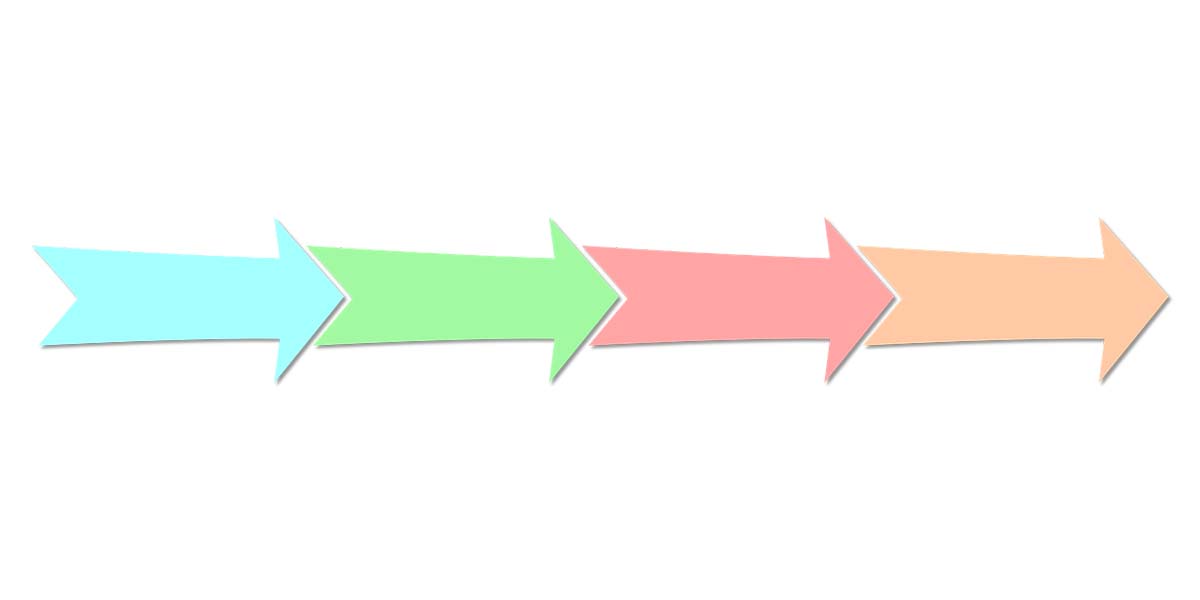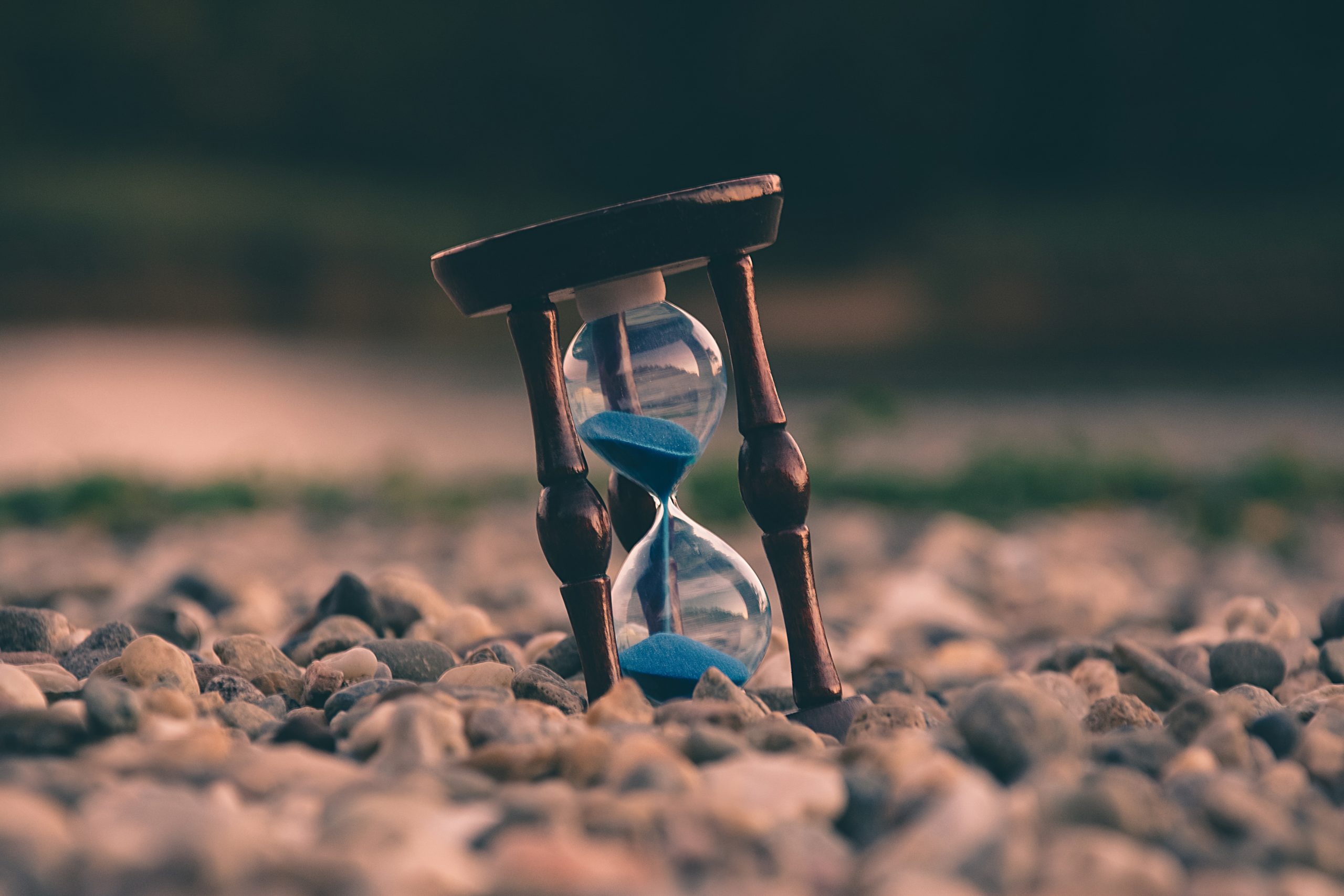Addiction doesn’t happen right away. When individuals take drugs or drink alcohol, many do so without becoming addicted. Several circumstances must line to create an addiction in the user. There are six stages of addiction, known as the addiction cycle. This cycle can occur over a short period or much more gradually, depending on the individual.

6 stages of the addiction cycle
1. Initial Use
The cycle of addiction begins from the first moment the individual comes into contact with the substance in question. It could be as innocent as the first sip of beer at a party, or pain-relieving prescription medicine taken under the advice of a doctor, or it could also be an illegal drug taken due to peer pressure from friends. In most cases, the user will not become addicted, but many do. Several factors, such as depression, or a family history of substance abuse, can increase the likelihood of developing an addiction.
2. Abuse
With illegal drugs, abuse begins at the moment of first use. But, with legal substances such as alcohol or prescription medication, it is a little harder to identify the transition. Generally speaking, abuse occurs when the individual begins taking the drug regularly, in a way that could be considered harmful. They may be taking it in higher doses or more frequently. It is this point at which the user starts taking the drug for the “high,” rather than the intended use.
3. Tolerance
The next stage of the addiction cycle occurs when the user abuses the substance over a long period, developing a tolerance. The brain begins to undergo chemical changes, which means the original dosage no longer produces the same effects. At this point, they may increase the frequency and dosage to chase the initial high, but tolerance to the increased dosage will inevitably occur. This leads to a cycle of increased use and tolerance, which can progress into much more severe substance abuse.

4. Dependence
Dependence occurs when the body or brain becomes reliant on the drug to function properly. Often the user will not feel normal until they take the substance, and experience withdrawal symptoms when they are without it.
5. Addiction
Once the user has reached the addiction stage, the substance will have completely taken over their life. Addiction can be defined as a mental health disorder characterised by a compulsive physiological or psychological need for a habit-forming substance, despite harmful consequences. The addict’s relationships, career, finances, and mental and physical health will all take a toll.
6. Relapse
In many addiction cases, the user will come to recognize the harmful nature of their addiction and attempt to stop using it. This attempt might spark from intervention by family and friends, or they may come to the realization all by themselves. Some addicts never go back to using the substance again, but many experience a relapse. A relapse is defined as a downward spiral back into the compulsive behavior of addiction. It can occur as a result of wanting to avoid uncomfortable withdrawal symptoms or as an escape from adverse life circumstances.
Conclusion
A user can go through many iterations of the addiction cycle, and sometimes professional help is the only way for them to stop. It is possible to interrupt the addiction cycle with the right rehabilitation and support. If you, or a loved one, could benefit from addiction treatment in Indiana, get in touch now to find out how we can help.

